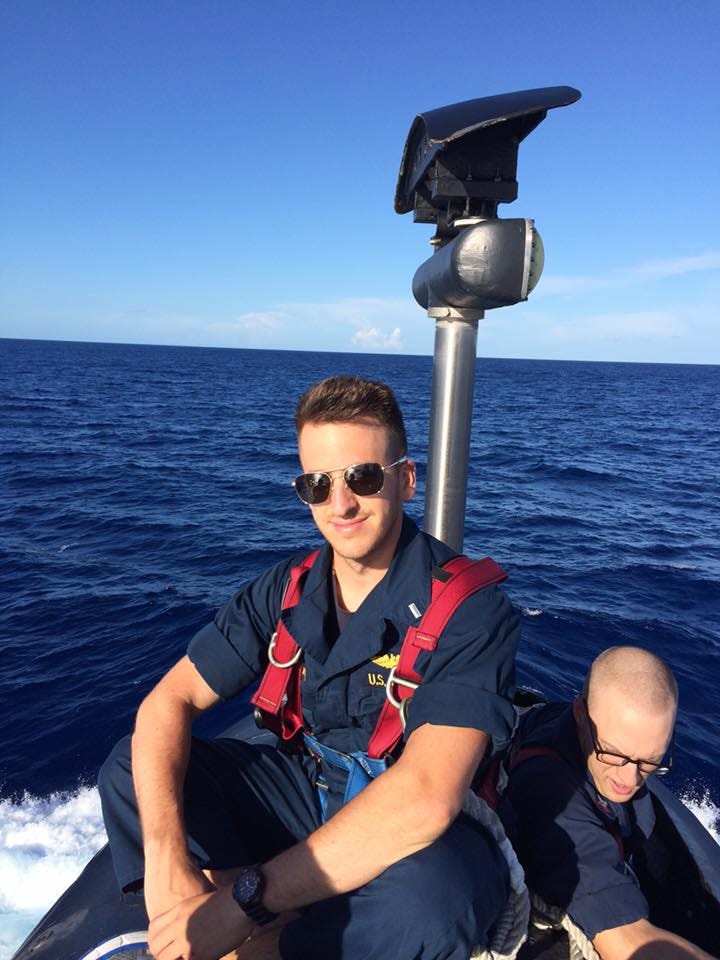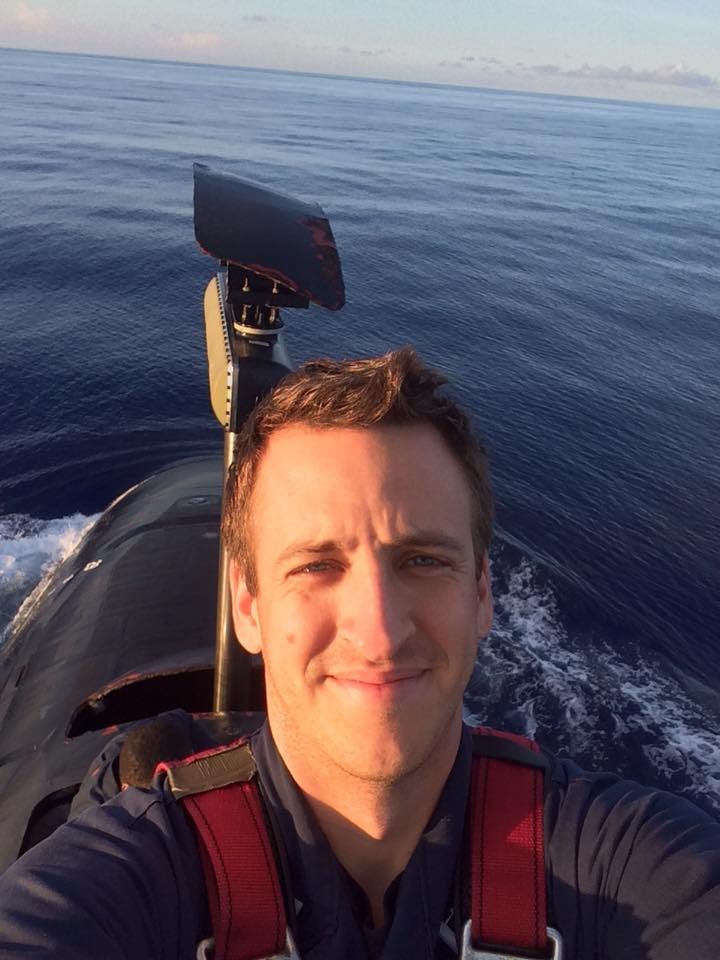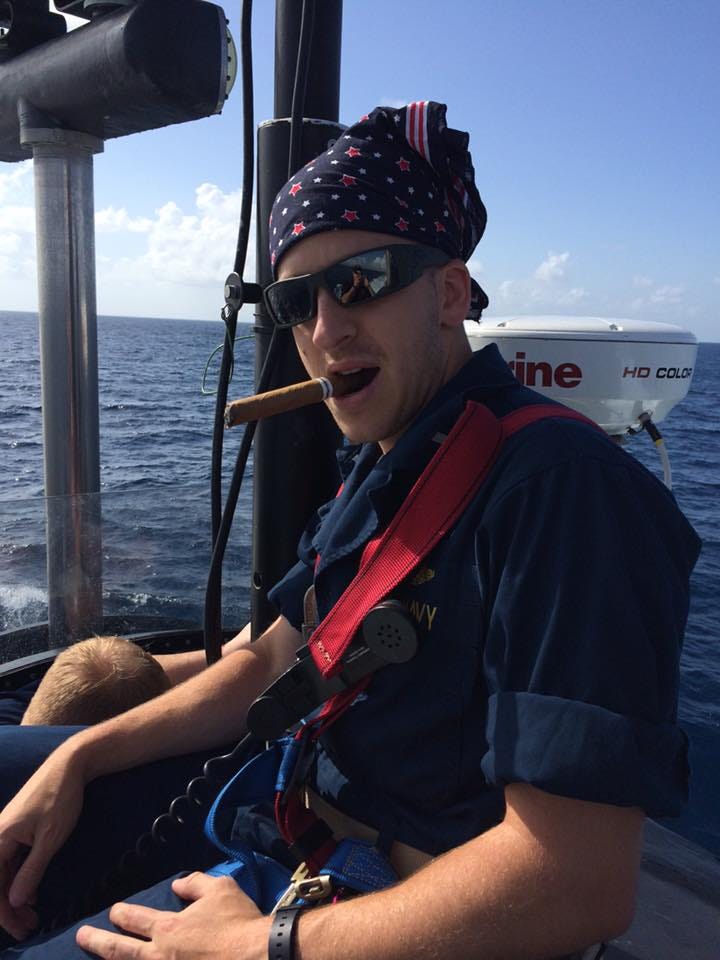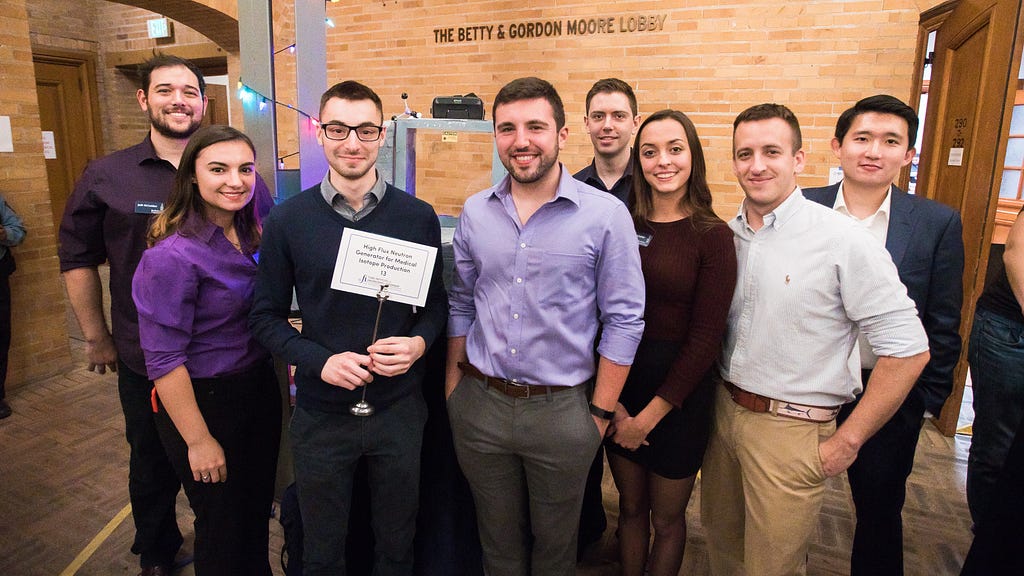By Joshua Rothman, edited by Caroline Osterman
The UC Berkeley Master of Engineering program boasts a diverse cohort of students hailing from all different backgrounds, and among these are a handful of students who have previously served in the US military. These student veterans have gained impressive experience in a variety of engineering fields prior to coming to study at Berkeley, and we thank them for their service to the United States. Joshua Rothman is a full-time Class of 2018 MEng student in the Nuclear Engineering department. Joshua’s narrative is part of our series documenting student veterans at the Fung Institute.


When I learned about a Navy program that allowed you to become a nuclear engineer aboard submarines, it seemed right up my alley.After graduating in 2010, I reported to Officer Candidate School in Newport, RI, then commenced two years of advanced nuclear training to include classroom learning and hands-on training, where I led a four-person team on an operational nuclear reactor. I then received orders to the USS Mississippi, the Navy’s newest fast-attack submarine, where I held a variety of positions including assistant engineer and diving officer, and completed a EUCOM deployment. The highlight of my time aboard the Mississippi was when I was chosen as one of two officers to navigate through the Panama Canal as we changed home ports to Pearl Harbor, HI.

After learning about the MEng program, I figured it would be an amazing way to combine my technical foundation and leadership experience with an avenue for expanding my knowledge of nuclear engineering.This past year in the MEng program has been without a doubt the most challenging time of my life, with the full-time graduate school and full-time working responsibilities. My awesome classmates, in particular my capstone team of seven other nuclear engineering MEng students, are my biggest source of support. We are working on commercializing a new technology developed here at Cal which uses nuclear fusion to generate neutrons which we hope can revolutionize the way medical isotopes are chosen and produced to diagnose and treat cancer. When I’m not bogged down with school and work, I do my best to spend as much time as possible in Napa and Tahoe, and spend time with my dog, Mowgli. After this year, I plan to pursue my MBA and leverage my technical background to help make intelligent, technically sound decisions and companies into the future. Joshua’s MEng capstone project, “An Overdue Change for Medical Isotopes,” is available to view on YouTube.
Students in service: Joshua Rothman was originally published in Berkeley Master of Engineering on Medium, where people are continuing the conversation by highlighting and responding to this story.




